The White House came under fire yesterday after Press Secretary Sarah Huckabee Sanders announced that President Donald Trump would be revoking the security clearance of ex-CIA head John Brennan, and now reporters are calling Sanders out for announcing whose security clearances the White House may revoke next.
In explaining how the decision to revoke Brennan's security clearance "raises larger questions about the practice of former officials maintaining access to our nation’s most sensitive secrets long after their time in government has ended," Sanders noted that:
Such access is particularly inappropriate when former officials have transitioned into highly partisan positions and seek to use real or perceived access to sensitive information to validate their political attacks. Any access granted to our nation’s secrets should be in furtherance of national, not personal, interests. For this reason, I’ve also begun to review the more general question of the access to classified information by government officials.As part of this review, I am evaluating action with respect to the following individuals: James Clapper, James Comey, Michael Hayden, Sally Yates, Susan Rice, Andrew McCabe, Peter Strzok, Lisa Page, and Bruce Ohr.
Security clearances for those who still have them may be revoked, and those who have already lost their security clearance may not be able to have it reinstated.
Sanders' remarks prompted ABC's Jonathan Karl to ask whether the president planned to revoke the security clearances of his political opponents.
"Sarah, first, I’ve got a question I wanted to ask you. But first, just to follow up on that, it seems like everybody that you mentioned has been a political critic of the President," Karl said. "Is he going after his political opponents with this?
"No," Sanders replied. "If there were others that weren’t, that we deemed necessary, we would certainly take a look and review those as well."
Jeff Mason, the White House Correspondent for Reuters, also questioned the move.
"Hey, Sarah. Following up Jon’s question, how is this announcement by the President — how can Americans not interpret that as a 'getting back against his critics'?" he asked. "And isn’t it also an attempt to curtail their freedom of speech by penalizing them for being critical on television?"
"Not at all," Sanders said. "The President has a constitutional responsibility to protect classified information, and who has access to it. And that’s what he’s doing is fulfilling that responsibility in this action."
"Is this the kind of precedent he wants to set for future Presidents when his administration is out of office?" Mason asked. "And why are there no Republicans on that list?"
"Once again, if we deemed it necessarily, we would certainly look into that and be happy to review those," Sanders said.
But the questions didn't stop there.
When Sanders called on the Associated Press's Sagar Meghani, he asked, "One of the individuals that you listed on that list of clearances that is under review is Bruce Ohr. He’s a current employee of the Department of Justice. So instead of putting him under the review, does the President believe he should be fired?"
Sanders claimed she did not have "any personnel announcements" on that front and that she could only "speak to this specific case."
"But why put his security clearance under review, which would render him unable to do his job, and not just fire him?" Meghani asked.
"Once again, I don’t have any personnel announcements on that front. I can just tell you we’re looking into that specific matter."
Then NBC's Peter Alexander weighed in.
"If people who criticize the President publicly on TV or are public in their criticisms, are they at greater risk of losing their security clearances than people who stay silent?" he asked.
Sanders responded that "this is looked at on a case-by-case basis," and that the White House will "do an individual review and make that determination."
The list of individuals whose security clearances will be revoked has been referred to as an "enemies list" by some media outlets, in a nod to the president's decidedly authoritarian leanings:
- John Brennan, the former CIA director, called President Trump's meeting with Russian leader Vladimir Putin in Helsinki last month "treasonous" after Trump chose to side with Putin over the assessment from U.S. intelligence that Russia interfered in the 2016 presidential election.
- James Clapper, the former director of national intelligence, who has often criticized Trump's incendiary rhetoric.
- James Comey, the former FBI director whom Trump fired last year, prompting a national debate on whether Trump obstructed justice at the time Comey was looking into former national security adviser Michael Flynn's dealings with Russian operatives.
- Michael Hayden, a former director of the National Security Agency, who has called Trump "disdainful" and "contemptuous."
- Andrew McCabe, the former deputy FBI director who assumed the role of director after Comey was fired until Christopher Wray's confirmation as Comey's successor. McCabe himself was fired shortly before he was due to retire. He had given testimony about Russia's interference efforts.
- Bruce Ohr, the former associate deputy attorney general, who was named in the controversial Nunes memo which alleged the FBI had abused its surveillance powers.
- Lisa Page and Peter Strzok were in a romantic relationship. Strzok led the investigation into Hillary Clinton's use of a private email server while Secretary of State. Both individuals found themselves on the receiving end of criticism from Republicans who objected to anti-Trump sentiments the two shared via text message. Their messages prompted Republicans to suggest that the Russia investigation is biased against the president.
- Susan Rice was former President Barack Obama's national security adviser during his second term and her inclusion here came as a surprise considering her low profile. She has, however, defended the Obama administration and been critical of Trump.
- Sally Yates, the former deputy attorney general whom Trump fired after she refused to defend his travel ban. She has remained one of Trump's more prominent critics. She was also involved in warrants to surveil Carter Page, a former foreign policy adviser to the Trump campaign.
Many have also criticized Sanders for the firing of John Brennan in particular, amid concerns that stripping one of the nation's foremost national security experts of his clearance would actually make a nation already imperiled by a national security crisis in the form of Russian-led cyberattacks would actually make the country much less safe.
"Russian denials are, in a word, hogwash," Brennan said in a spirited New York Times op-ed, in which he defends his years of service to the nation.





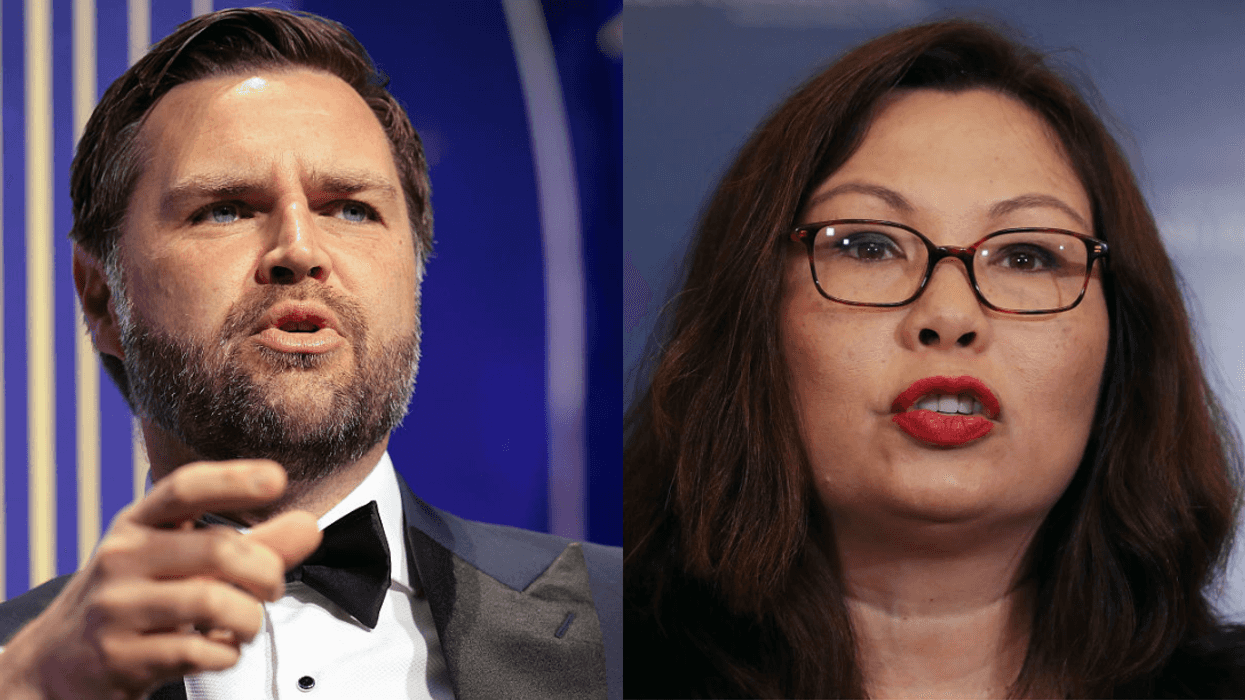
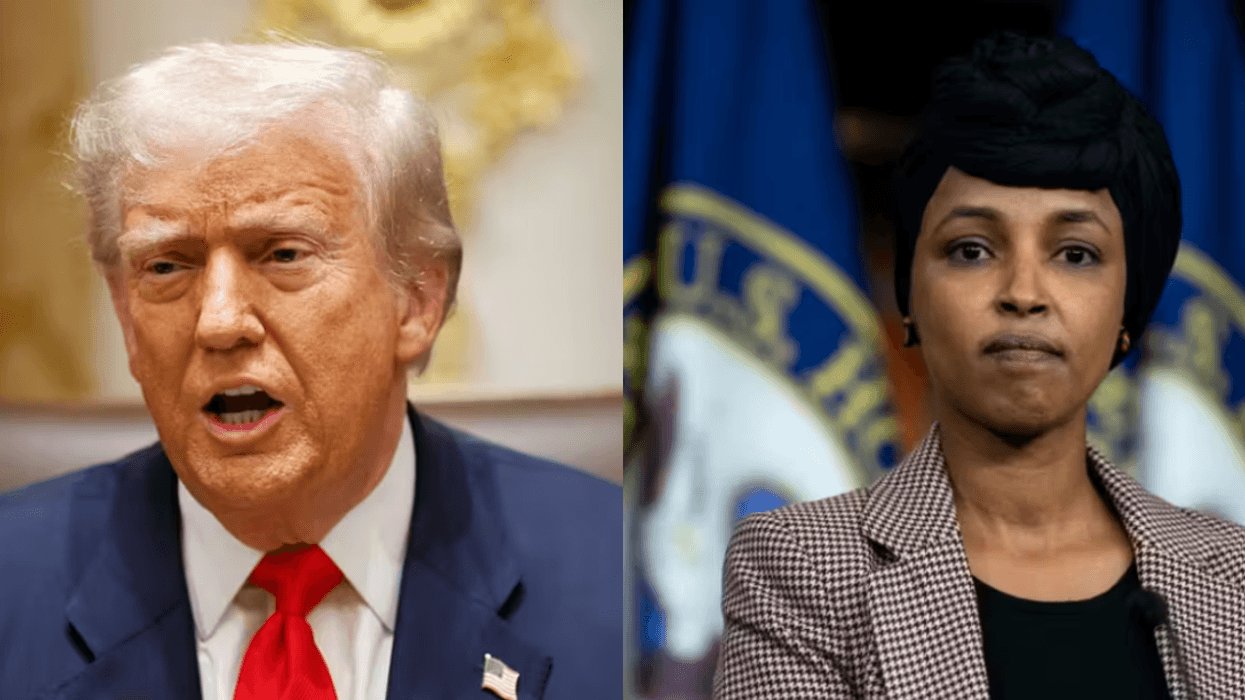

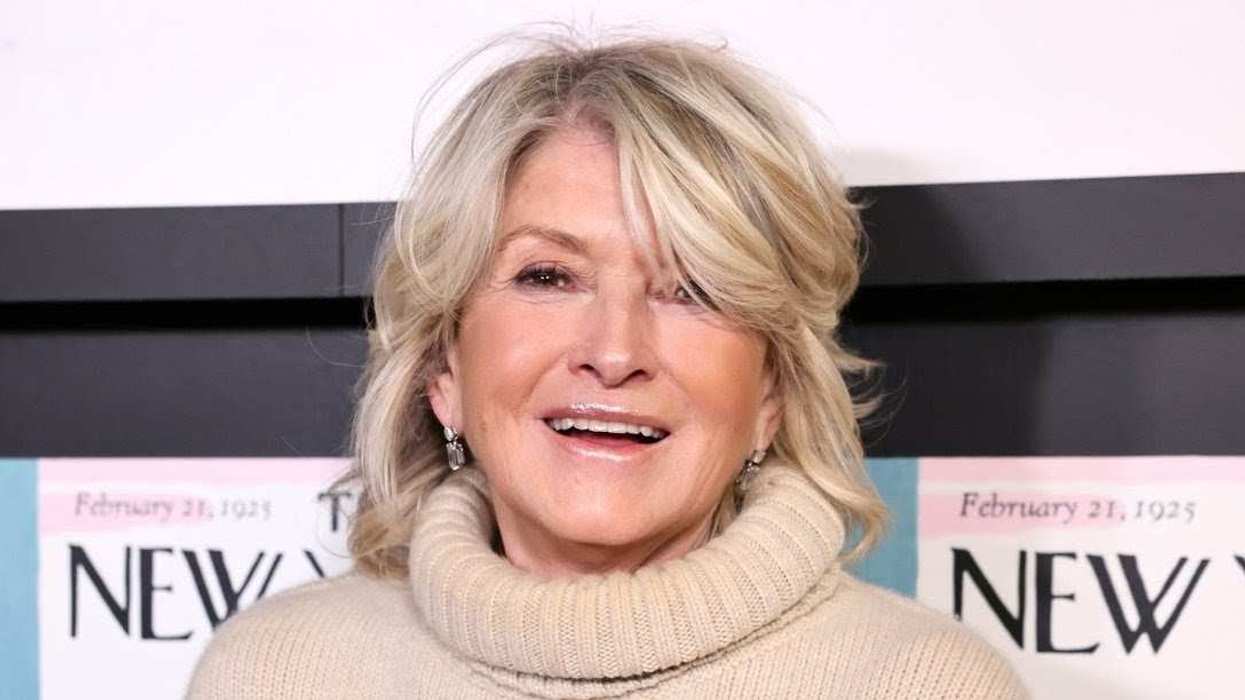
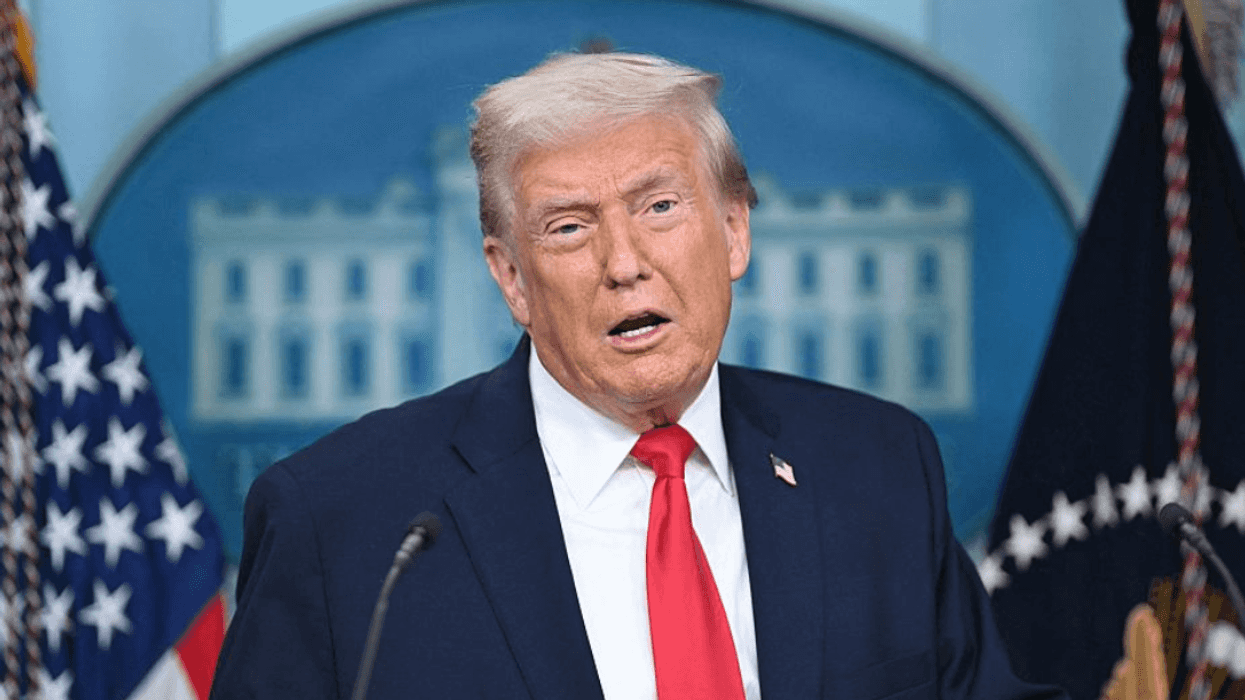
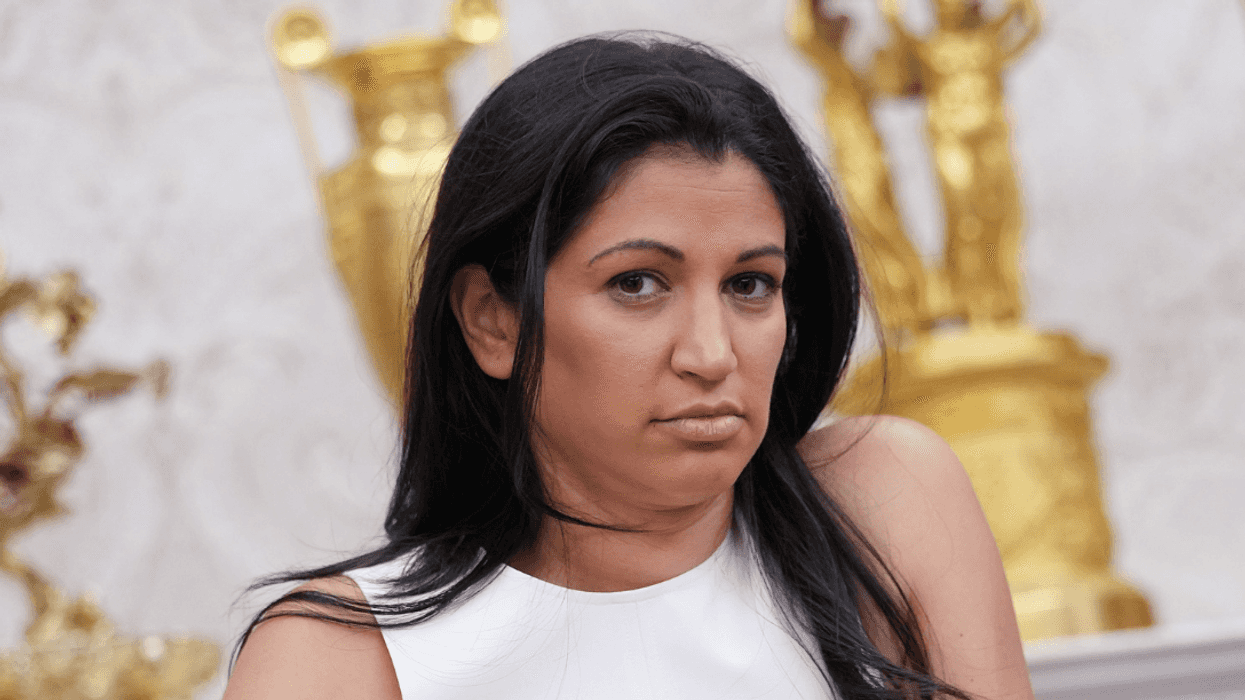

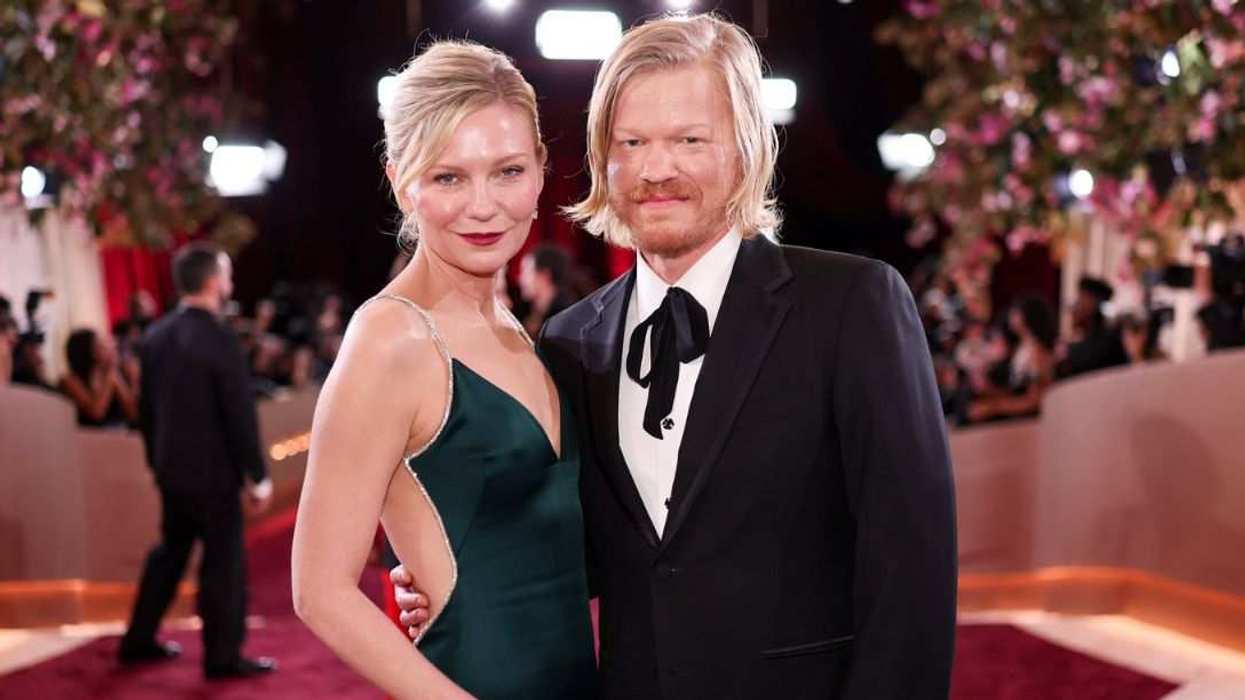

 @romeosshow/TikTok
@romeosshow/TikTok @romeosshow/TikTok
@romeosshow/TikTok @romeosshow/TikTok
@romeosshow/TikTok @romeosshow/TikTok
@romeosshow/TikTok @romeosshow/TikTok
@romeosshow/TikTok @romeosshow/TikTok
@romeosshow/TikTok @romeosshow/TikTok
@romeosshow/TikTok @romeosshow/TikTok
@romeosshow/TikTok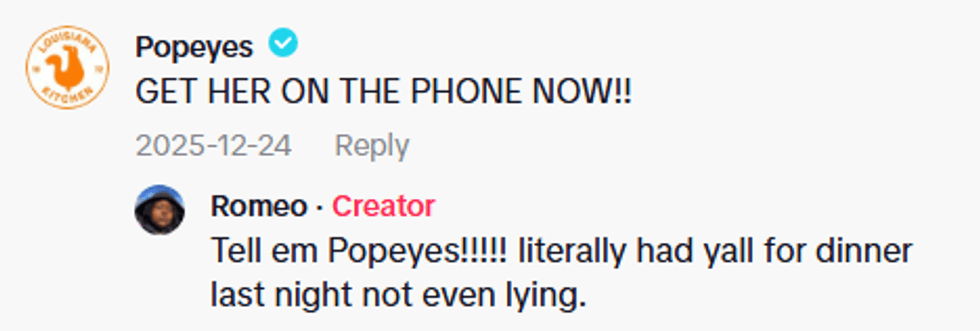 @romeosshow/TikTok
@romeosshow/TikTok @romeosshow/TikTok
@romeosshow/TikTok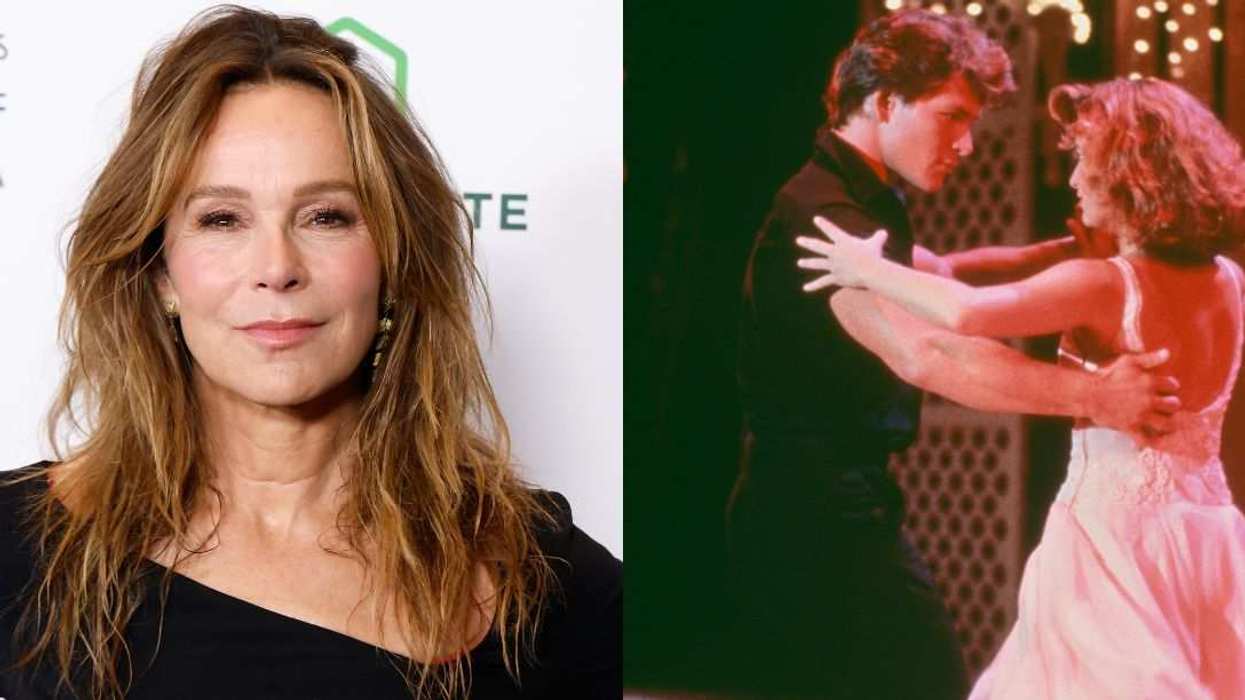

 r/technology/Reddit
r/technology/Reddit r/technology/Reddit
r/technology/Reddit r/technology/Reddit
r/technology/Reddit r/technology/Reddit
r/technology/Reddit r/technology/Reddit
r/technology/Reddit r/technology/Reddit
r/technology/Reddit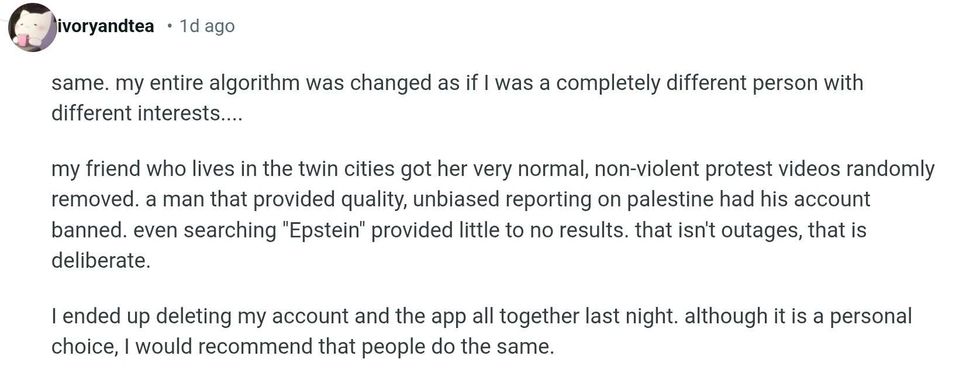 r/technology/Reddit
r/technology/Reddit r/technology/Reddit
r/technology/Reddit r/technology/Reddit
r/technology/Reddit r/technology/Reddit
r/technology/Reddit r/technology/Reddit
r/technology/Reddit r/technology/Reddit
r/technology/Reddit r/technology/Reddit
r/technology/Reddit r/technology/Reddit
r/technology/Reddit r/technology/Reddit
r/technology/Reddit